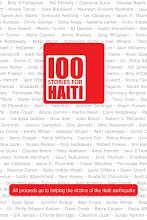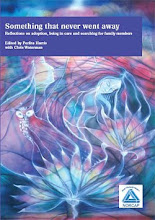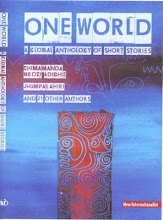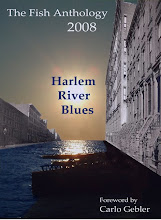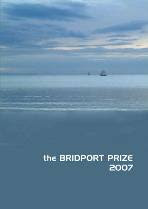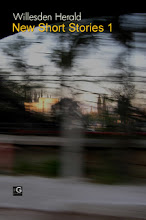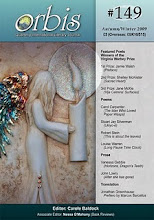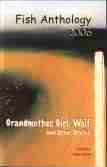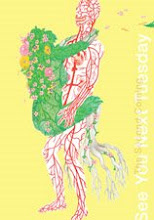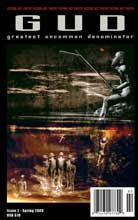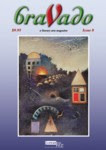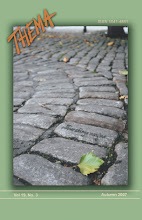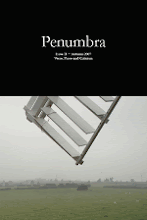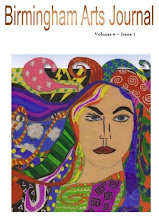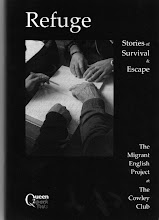
Short Circuit Review
A lovely new unsolicited review for Short Circuit, from a Richard Hallows who runs a website and a publishing venture for short stories, and a competition for them too – called Spike the Cat, HERE.
Not only has he left a marvellous review of Short Circuit on his site, he also copied it to Amazon UK. Thank you, Spike the Cat. He says:
“I really can't recommend this book highly enough. I started carrying it round with me and taking it in the car so I could keep reading it. (When parked I hasten to add.) It is that good...”Check out the link for the rest of the review.
The Fiction Workhouse
This time, the Fiction Workhouse site, complete with all the craft libraries and discussion places, is home to 28 undergraduate students from the English Dept of Stockholm University. It was good to fill the place again. Some neat flash writing has filled the forum with fresh ideas and connections, ready for more formal activities to come, in preparation for my two week stint over there in a few weeks time.
 ACE grant.
ACE grant. I had a second meeting with my mentor Maggie Gee, on 22nd March, in London. I know where I am going with the rewrite now, and value her input and thoughts immensely. Those who know me well know I was trying to finish this piece of work for my father- who was brought up in the town in which it is set - to see it published. He has been a great supporter through thick and thin. A gentle, but tough individual now aged 94. Sadly, his toughness is escaping him. He has been diagnosed with short term memory loss, which is unlikely to get better and is causing him and us, great distress. He also has what might be an unforgiving medical condition.
I have had to make some difficult decisions – which in the end, are not difficult at all.
I have called a halt to the rewrite, have stopped most writing activities for the first time in eight years – bar encouragement for the Stockholm students and some accepted invitations - and have written to the ACE to keep them informed. Cancelling the visit to Anam Cara was the only very hard thing I had to do.
It is odd not being a writer any more, for the moment. I am wandering around a bit aimlessly, feeling blank. A writer has to be someone who writes…not someone who thinks about it.
The sweetest rejection...
In case readers of this little blogette think friends in this writing world publish each other willy nilly, which lots do, sadly, it is not always like that, me dears. I had the sweetest rejection today, from the lovely Tania Hershman, fiction editor of Southword.
Lecture, Sussex University.
I have already written the lecture I will be giving to the students at Sussex University later on in May – in case things get more awkward round here. I decided to talk about the real need for contradiction, inspired by Ali Smith and Jackie Kay’s quote:
“A writer needs self confidence and self doubt in the same measure.”
 Cultural Tourism/Writing Other
Cultural Tourism/Writing OtherThe topic rolls on, in the comments on the post under this one. It seems a balanced debate – until you realise that it isn’t. And probably, it will never be allowed to be such.
D-Day
Thanks to the younger son who looked after his Gramps here in Sussex by the Sea, we went to the D Day Beaches last week accompanied by Col (Ret’d) Michael Bradley, of the Green Howards. Three days of visits to all the beaches, to iconic places like Pegasus Bridge and Café Gondree (where we had lunch with Mme Arlette Gondree, who was 4 in June 1944), to the cemeteries – Commonwealth, German and American (and noted such vast differences in our approaches to war dead…). But the highlights have to be those moments when Mike took us to farms, fields, copses and ditches, and described exactly what happened there. In that exact spot. By this tree. Including the exploits of Stan Hollis, the only VC of D Day. Marvellous.











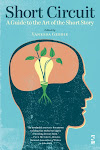
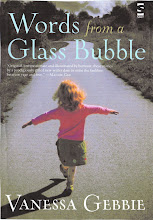

.JPG)
